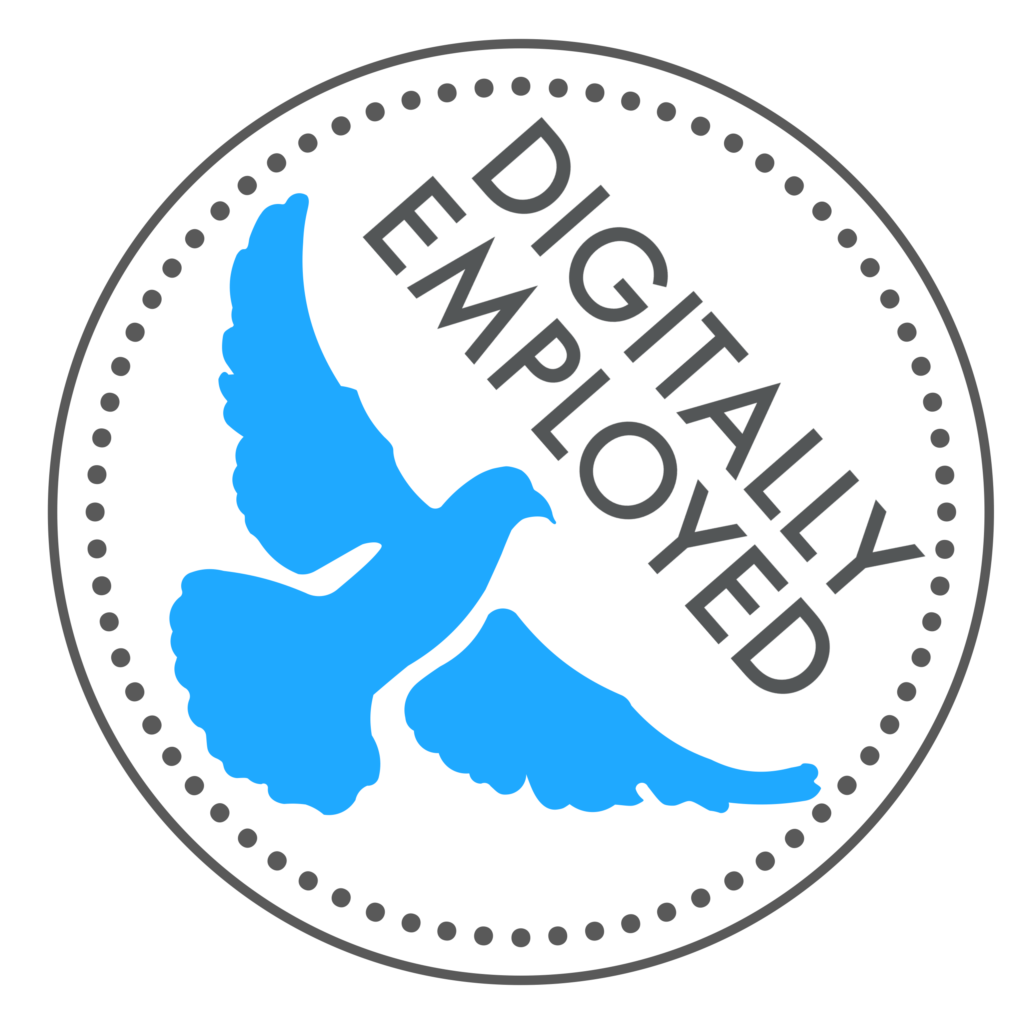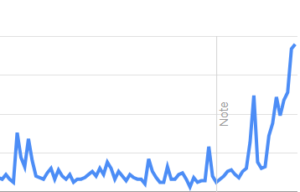
Becoming a Writer: A Guide to Crafting a Successful Writing Career
Writing is a form of art that can be both incredibly fulfilling and challenging. Whether you want to write fiction, non-fiction, poetry, or any other type of writing, the process of becoming a successful writer requires dedication, hard work, and a passion for the written word. In this guide, we will explore the steps you need to take to become a successful writer and achieve your writing goals.
Step 1: Read and Write Every Day
The first step to becoming a writer is to develop a reading and writing habit. If you want to be a writer, you need to be an avid reader first. Reading helps you to expand your vocabulary, improve your writing skills, and get a better understanding of different writing styles. Make sure you are reading a wide range of books and genres, from classic literature to contemporary fiction and non-fiction.
Along with reading, you should also be writing every day. This doesn’t mean that you need to write a novel every day, but writing regularly will help you to develop your writing skills, increase your productivity, and give you a better understanding of your own writing style. You can start by writing in a journal or keeping a daily diary, and then move on to writing short stories, poems, or other pieces of writing that interest you.
Step 2: Find Your Niche
Once you have developed a reading and writing habit, the next step is to find your niche. There are many different types of writing, from fiction to non-fiction, poetry to screenplays, and everything in between. The key to finding your niche is to experiment with different types of writing until you find the one that you enjoy the most and feel most confident in writing.
For example, if you love telling stories, then you may be interested in writing fiction. If you have a passion for research and information, then non-fiction writing may be more your style. If you enjoy expressing yourself through words and rhythm, then poetry may be the right choice for you.
Step 3: Study the Craft of Writing
Once you have found your niche, the next step is to study the craft of writing. There are many writing courses and workshops available that can help you to improve your writing skills, as well as a wide range of books and online resources. Make sure you are studying the specific type of writing that you are interested in, and focus on improving your skills in that area.
You should also be studying the work of other writers and analyzing their writing styles and techniques. Pay attention to what makes their writing successful, and think about how you can apply those techniques to your own writing.
Step 4: Write, Write, Write
The most important step in becoming a successful writer is to write, write, write. The more you write, the better you will become, and the more confident you will feel in your writing skills. Make sure you are setting aside time every day to write, and make writing a priority in your life.
In addition to writing regularly, you should also be working on longer pieces of writing, such as a novel or a book-length work of non-fiction. This will help you to develop your writing skills and give you a better understanding of the writing process.
Step 5: Share Your Writing
Once you have been writing for a while and have developed your writing skills, the next step is to share your writing with others. This can be a scary step, as you are putting your writing out into the world for others to see and critique, but it is an important step in becoming a successful writer.
Step 6: Publishing Your Book
Publishing a book is a dream for many writers, but the process can be overwhelming and confusing. Whether you are self-publishing or working with a traditional publisher, there are many steps involved in bringing your book from concept to publication. In this guide, we will explore the book publishing process and provide tips and advice on how to successfully publish your book.
Step 7: Finish Your Book
The first step in the book publishing process is to finish your book. This may seem like an obvious step, but many writers struggle with completing their book. Writing a book can be a long and challenging process, but it is important to see it through to completion.
Once you have finished your book, it is important to revise and edit it. This can involve multiple rounds of revisions, and it may be helpful to have a professional editor or writing coach review your book and provide feedback.
Step 8: Research the Book Publishing Market
Once your book is complete, the next step is to research the book publishing market. This includes understanding the different types of publishing, such as traditional publishing, self-publishing, and hybrid publishing, and determining which option is best for you and your book.
Traditional publishing is when a publisher acquires and publishes your book, while self-publishing is when you take on all the responsibilities of publishing your book, including editing, design, and distribution. Hybrid publishing is a combination of traditional and self-publishing, where the author works with a publisher to produce and distribute their book, but retains more control and ownership over the process.
Step 9: Write a Book Proposal
If you are interested in traditional publishing, the next step is to write a book proposal. A book proposal is a comprehensive document that outlines the concept, target audience, and market for your book. It includes a synopsis, author bio, sample chapters, and a marketing plan. A book proposal is essential for securing a book deal with a traditional publisher.
Step 10: Find a Literary Agent or Publisher
Once you have a book proposal, the next step is to find a literary agent or publisher. A literary agent acts as a liaison between the author and publisher, and can help you to negotiate a book deal, secure advance payments, and manage the publishing process.
If you are self-publishing, you can skip this step and move on to the next step, which is to prepare your book for publication.
Step 11: Prepare Your Book for Publication
Whether you are self-publishing or working with a traditional publisher, the next step is to prepare your book for publication. This includes editing, design, formatting, and proofreading your book.
If you are self-publishing, you can use online services or hire freelancers to help you with these tasks. If you are working with a traditional publisher, they will handle most of these tasks, but it is important to be involved in the process and provide feedback as needed.
Step 12: Publish Your Book
Once your book is ready for publication, the next step is to publish it. If you are self-publishing, you can use online platforms, such as Amazon Kindle Direct Publishing or Barnes & Noble Press, to publish and distribute your book. If you are working with a traditional publisher, they will handle the publishing and distribution of your book.
Step 13: Market Your Book
The final step in the book publishing process is to market your book. This includes promoting your book to your target audience, building a platform, and leveraging your network to reach readers.





